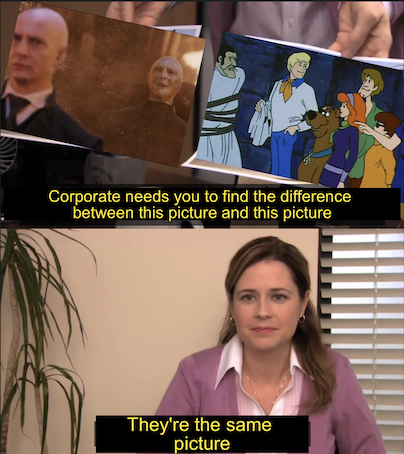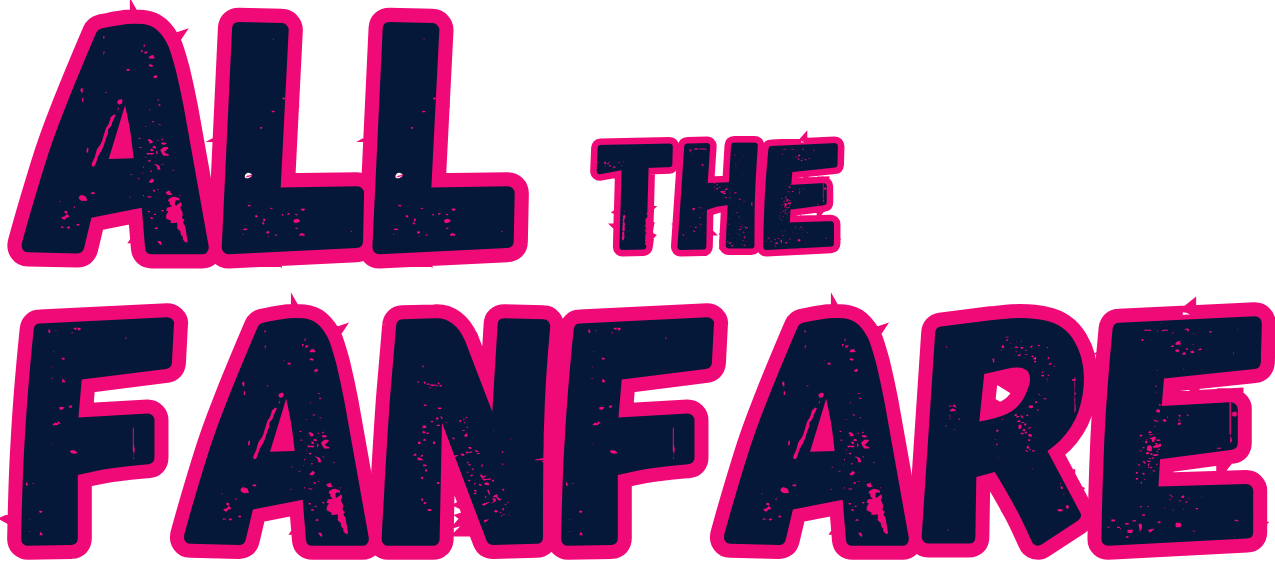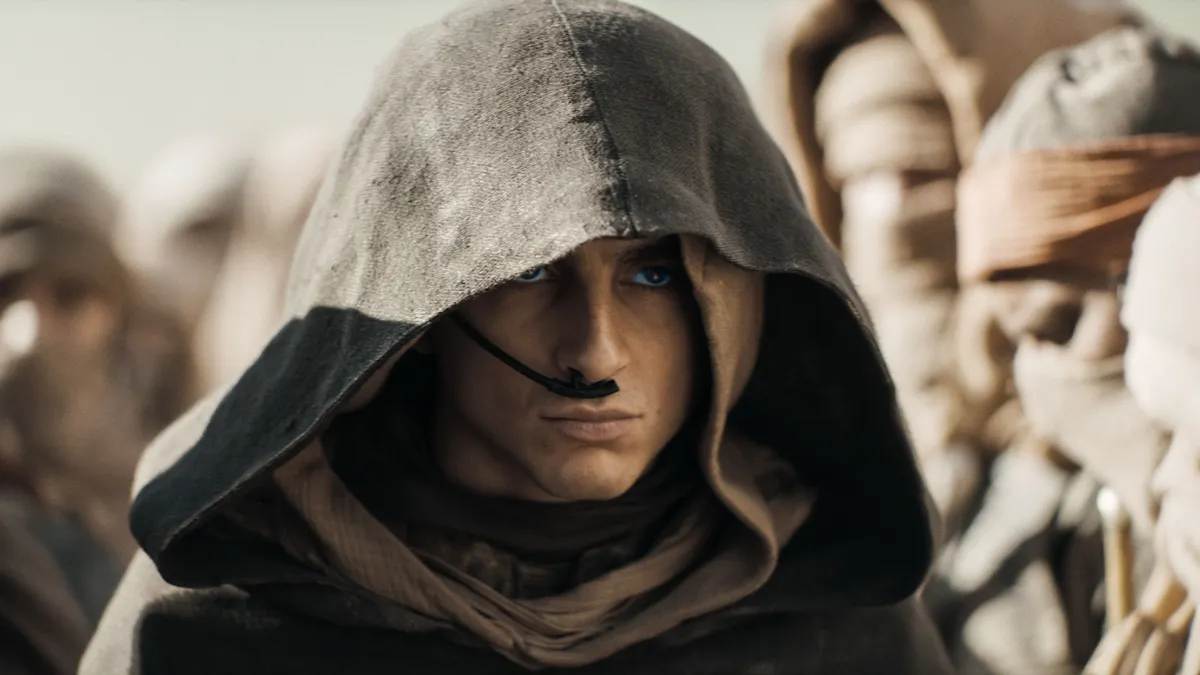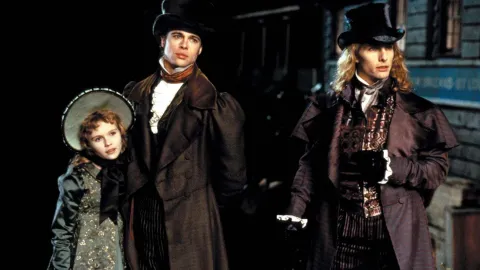Why is it that every major movie with wizards or rayguns inevitably involves a prophecy?
Consider:
Star Wars
The prequels retconned Anakin Skywalker into a messianic figure who would "bring balance to the Force," a mumbo-jumbo sentiment that mostly seemed to involve making creepy sex faces at Padme and indiscriminately slaughtering children. Not to make this all about Star Wars,1 but what does "bring balance" even mean?
- Does he bring balance by reducing the Jedi headcount to two (Obi-Wan and Yoda), which perfectly balances with the Sith's rule of two (Vader and Palpatine)?
- Does he bring balance by eventually—after 20 years and uncounted atrocities—throwing Palpatine down a reactor shaft?
- Does he bring balance by illicitly shagging Padme, so that the fruit of his loins can one day shame him into no longer being the embodiment of evil?
It could be any of these, or all of them, or none. Which is another way of saying this prophecy is stupid.
The Matrix
I'm gonna be real with you—I adore the first film but haven't watched the others in years because a) they're confusing; and b) they suck. Both problems share the same root cause: The chosen one prophecy.
It was all fine and well when the Oracle was just a cookie-dispensing NPC offering vague advice, but the more screen time her prophesying got, the worse it became. The Architect is not an end boss—he's a MTV Movie Awards skit.2
The Matrix is best as a goth chic kung fu simulator.
The Terminator Series
This is a fringe case.
There's no true prophecy, other than Sarah Connor's blind belief that John Connor is humanity's last hope. John is definitely a Chosen One, but he comes by it honestly.
As the series likes to remind us, the future is not set. Both Skynet and John keep mailing nudes to present day America in order to change the future. Time travel makes later events feel preordained. That's not prophetic, exactly, but it's kinda related.
A Song of Ice and Fire / Game of Thrones
Not a movie, but I'm including it because it's one of the biggest fantasies series.
The books are filthy with prophesies. Watered down versions make their way into Game of Thrones, most notably Bran Stark's newfound love for voyeurism and Daenerys Targaryen's visions at the House of the Undying. The show also retains the chosen one prophesy involving Azor Ahai—the prince that was promised—who is fated to stand against the Others and seems to be Jon Snow.
Among a great many other things, the final season kind of forgets about the chosen one in its rush to bungle the ending. I have faith the books will end more satisfactorily—if author George R.R. Martin manages to finish them. But while the prophesies give fans something to mull over and anticipate in the ever longer wait between books, the chosen one angle doesn't add much to the narrative.
Harry Potter
Professor Sybill Trelawney—she of the thick glasses and 70s flower child vibe—prophesied that Harry Potter and Voldemort were destined to dance with the devil in the pale moonlight. Neither could live while the other survived.
That the prophecy could apply to Harry or Neville Longbottom actually makes this worse, not better. And anyway—did anyone really think someone named Longbottom was gonna be the hero?
Of the examples mentioned, this prophecy is the least egregious, I think because a world in which magic is an everyday thing is a world that gives the finger to convention. But I maintain that the story works just as well without the chosen one crud.
Then again, almost every Harry Potter film follows the Scooby-Doo format, and a prophecy is nothing but a meta mystery to be solved.3







